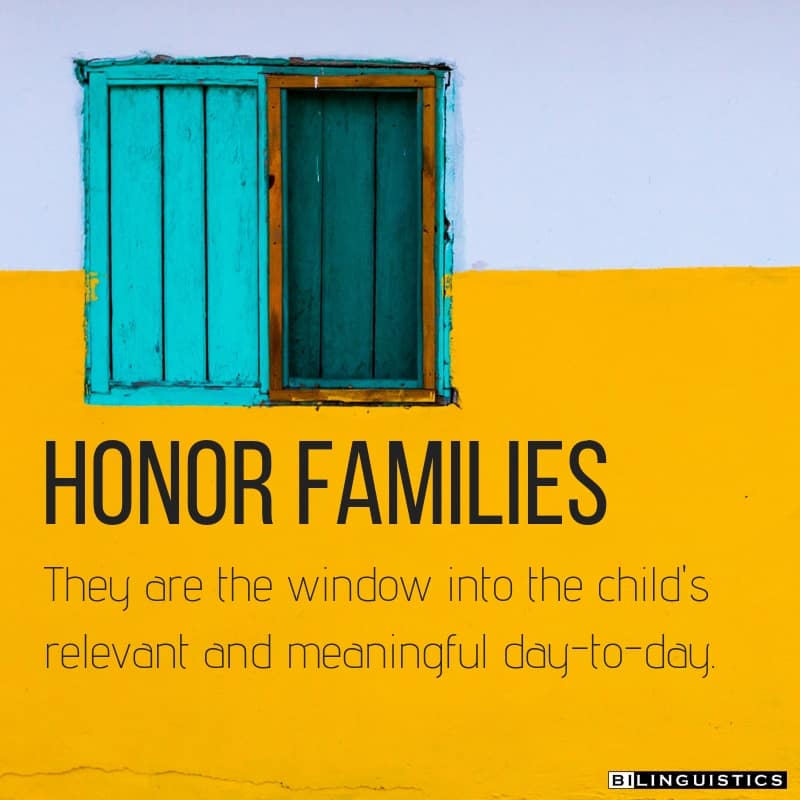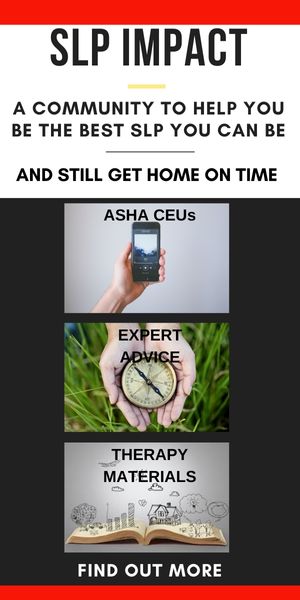I met Anne during a Wisconsin winter in 2002. She opened the door and welcomed me into her home. It was my first day as a Behavioral Treatment Technician for the Wisconsin Early Autism Project. I assumed that this part-time job during my graduate program would provide some fun money. Little did I know that this woman would serve as the foundation for my (now passionate) philosophies on family-centered practice. Anne is the mother of John, a person who loves dogs and his family. He is also a young man with autism. The time I spent with the family over the next two years provided insights that positively shaped my time alongside the families I serve today.
What is Family-Centered Practice?
According to the National Resource Center for Family Centered Practice through the University of Iowa, family-centered practice is based upon the belief that the best way to meet a person’s needs is to provide services that engage, involve, strengthen, and support families. What does this look like? It’s engaging with and working with family members to provide individualized, culturally responsive, and evidence-based interventions for each family. My SLP gut says that we all know this is valuable; however, the day-to-day responsibilities of our profession can make it challenging.
A recent study conducted by Mandak and Light (2017) reported that parents and SLPs differed in their views on the degree to which family-centered services were being implemented.
Tips for Family-Centered Practice for SLPs
I want to acknowledge that there are ways for us to incorporate our families into our speechy work regardless of our setting: schools, private practices, clinics, hospitals and homes. Here are tips for increased family-centered practices:
Communicate with Your Families Taking the time to communicate with the family takes time. It also maximizes your efforts.
- Talking with the family prior to an evaluation will make evaluations more efficient and, ultimately, more effective. Within a five minute conversation you will learn: the areas to assess, the child’s favorite manipulatives to use for motivation, the family’s most pressing communication concerns.
- Calling a family before the IEP meeting to get their input on their child’s communication progress will likely result in a smoother meeting.
- Calling the family to share in a communication successes builds trust and rapport.
Show Families What Speech “Looks Like” and “Sounds Like” As a clinic-based SLP, it is easy for me to invite my families into our speech and language sessions. Caretakers are able to easily see effective strategies, and I will assign one functional activity to do within daily home routines (“During breakfast, have him sign ‘want’ before he gets his milk and cereal.”) Now, I acknowledge that, at times, the presence of the family may impact the session’s success. In this case, I will show a short 30-60 second video on a strategy when I invite my families back to the room to chat at the end of the session. This is also effective as a school-based SLP. With consideration to district and campus communication rules, I will email or text a short video of the an effective strategy to parents.
Honor the Family’s Narrative As advocates and service providers for serving our diverse populations, acknowledging the unique and personalized experiences of our families is essential. This also means valuing the family’s perspective.
 Additional Resources
Additional Resources
ASHA Article: 5 Considerations for the Family/SLP Relationship
ASHA: Person- and Family-Centered Care
Parent Companion: A site, provided in English and Spanish, for families. Content, individualized for your child’s age, includes: Services and Transition, Family Life and Support, Diagnosis and Disability Info and Tips/Strategies.
Carpenter, L. M. (2017). Parent Perspectives on Family-centered Care in Speech and Language Therapy Across Different Settings (Doctoral dissertation, University of Wisconsin–Eau Claire).
Mandak, K., & Light, J. (2018). Family-centered Services for Children with ASD and Limited Speech: The Experiences of Parents and Speech-language Pathologists. Journal of autism and developmental disorders, 48(4), 1311-1324.
Want to Learn More?



 Additional Resources
Additional Resources
